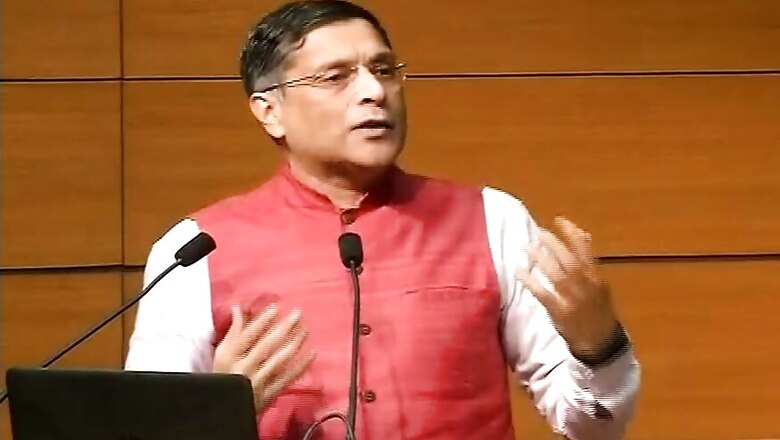
views
New Delhi: The Economic Survey has analysed the macro economic effects after demonetisation. It concludes that: “The balance of evidence leads to a conclusion that real GDP and economic activity has been affected adversely, but temporarily by demonetisation. The question is: how much?”
The survey lists the following points as evidence:
- Outflow of foreign portfolio investment, amounting to $9.8 billion in November and December
- Aggregate sowing of the two major Rabi crops — wheat and pulses —exceeded last year’s planting by 7.1% and 10.7%
- Property markets in the major cities, and sales of two-wheelers show a marked decline
- Indirect tax performance stripped of the effects of additional policy changes in 2016- 17 look less robust than the headline number
- Decisive policy actions to dispel fears of overzealous tax administration will help ensure that the gains of demonetization are permanent
- Private investment is unlikely to recover significantly
- Risk to economic growth from the extent to which effects of demonetisation could linger into next year, especially if uncertainty remains on the policy response
- Currency shortages also affect supplies of milk, sugar, potatoes and onions
- Magnitude of fiscal windfall from return of demonetized notes and Pradhan Mantra Garib Kalyan Yojana (where black money from VDIS will be deposited) uncertain
- The transition to the GST is so complicated from an administrative and technology perspective that revenue collection will take some time to reach full potential
- Muted non-tax revenues and 7th Pay Commission payout could add to fiscal deficit.
- An economy recovering from demonetisation will need policy support
- One radical idea to consider is the provision of a universal basic income



















Comments
0 comment